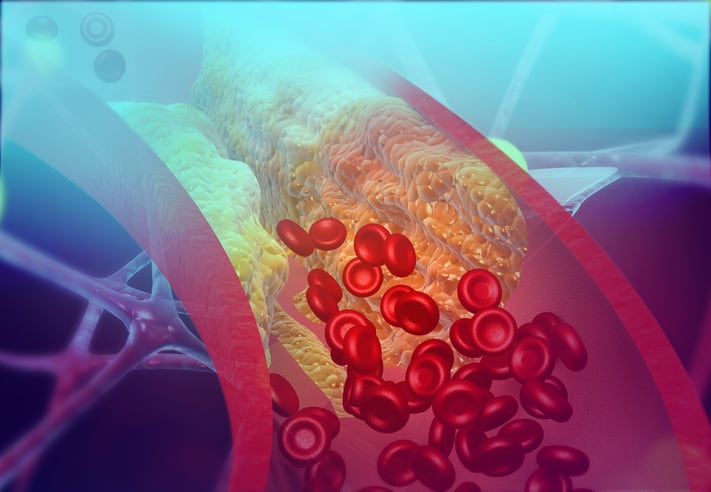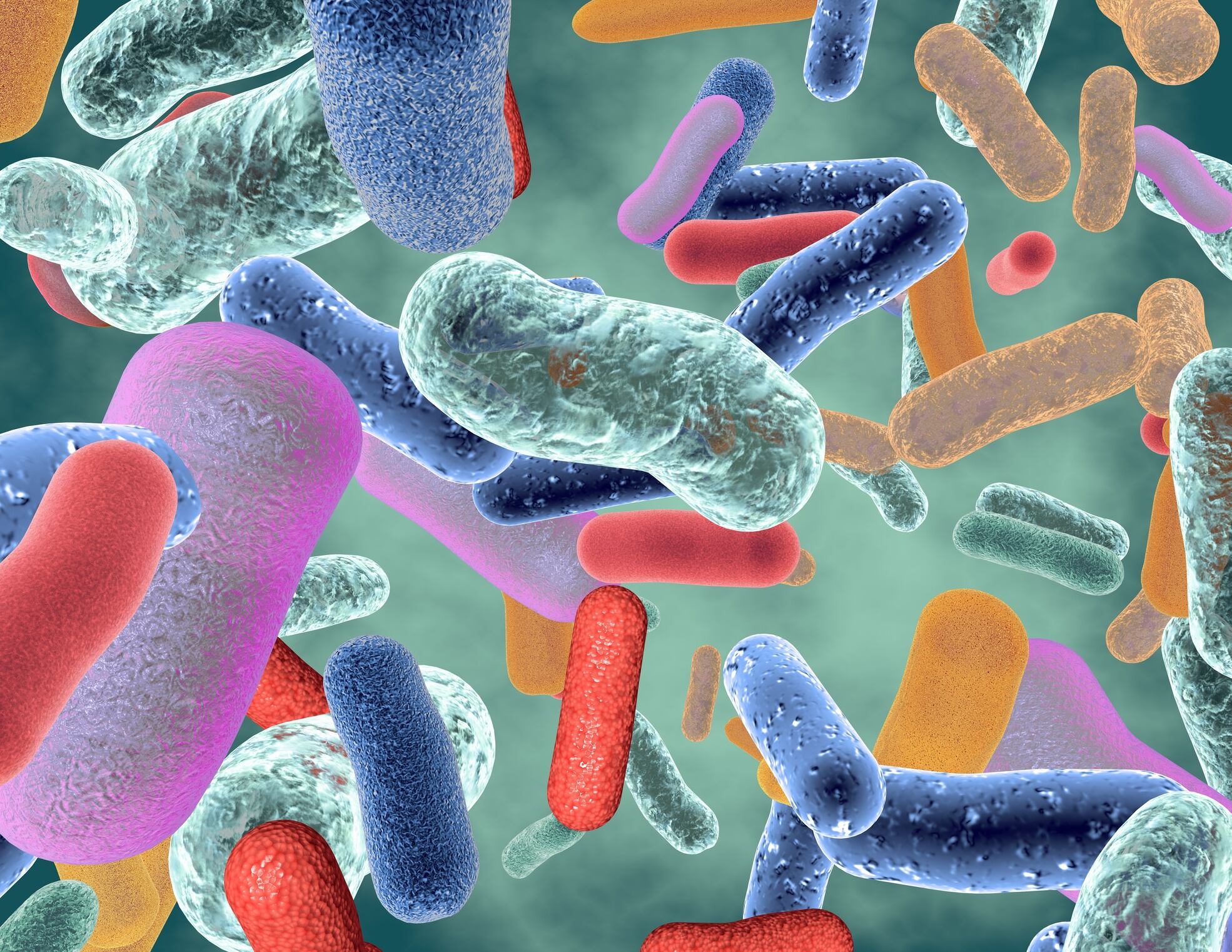The new research was published in the journal Nutrients. It was the work of a group of researchers associated universities in Poland and the UK, a team which included noted omega-3s expert Philip Calder, PhD, of the University of Southampton.
The question of nitric oxide
The researchers noted that there is a wealth of evidence that supports the connection between omega-3 levels in the blood and improved endothelial function. This has been mostly attributed to increased nitric oxide synthesis, which is a vasodilator. Thus, increased blood flow has the combined benefit of potential performance enhancements as well as reduced risk of cardiovascular disease.
Just how omega-3 supplementation has this effect is not clear, however. The researchers postulated that it ought to have something to do with the changes in the metabolism of L-arginine, ADMA (asymmetric dimethylarginine) and their metabolites.
To test this hypothesis, they recruited a cohort of younger Polish distance runners, around 37 years of age, for a blinded 12-week study that compared the effects of a high dose of omega-3s (2,234 mg of EPA and 916 mg of DHA daily) or an equivalent does of medium chain triglycerides to act as a placebo. This study was part of a larger research project investigating omega-3 supplementation and running economy.
Amino acid ratios altered
The runners did four training sessions each week. Three were runs while the fourth was a core strength training session. The participants were tested before and at the end of the 12 weeks via a treadmill running test to exhaustion. Blood was drawn before and after each treadmill test.
The blood was analyzed for the L-arginine/ADMA ratios as well as for the participants’ Omega-3 index. The participants were fairly equal to start with as regards the O3 Index, with both groups testing out at about 5.6% to 5.8%. After supplementation, the O3 supplementation group had increased to a hefty 11.6%.
Changes were also observed in the L-arginine/ADMA ratios. L-arginine levels rose in the omega-3 group with no change in ADMA.
However, when relating that changes in the amino acid ratios to running efficiency, the researchers saw no effect. This is despite having found such an effect in the larger study, of which this research was a subset. This leads to the suggestion that while the present study has provided some clues as to how omega-3s exert these effects, more research needs to be done to fully map out that landscape.
“The omega-3 intervention promotes an increase in plasma L-arg and the L-arg/ADMA ratio, which indirectly indicates increased bioavailability/NO synthesis. However, our results do not support the relevance of the L-arg/ADMA ratio as a factor improving running economy in male amateur endurance athletes,” they concluded.
Source: Nutrients
2022, 14(22), 4749; https://doi.org/10.3390/nu14224749
Increased Plasma L-Arginine Levels and L-Arginine/ADMA Ratios after Twelve Weeks of Omega-3 Fatty Acid Supplementation in Amateur Male Endurance Runners
Authors: Jost Z, et al.




